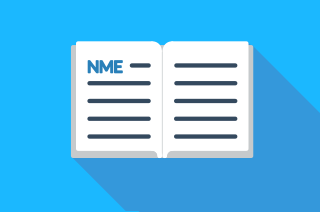The 21 obligations of the Digital Markets Act (DMA) start applying to Big Tech on 7 March. It is the story of David and Goliath, and at stake is nothing less than Europe’s ability to deliver a fair and inclusive digital marketplace. For European publishers, it is about ending big tech’s bully-boy tactics and being able to finance high-impact journalism for European citizens.
The DMA faces a daunting challenge, some highlights of where things stand:
- Apple already became the worst offender after it leveraged its creative potential for the “compliance” of its app store. In a nutshell, Apple is giving app developers a false choice between a new fee structure masqueraded as something reasonable and its current terms. It is abundantly clear that Apple intends to continue milking the app store tax that keeps on giving.
- Meanwhile, Google needs to think further about how to comply and shed transparency on its opaque adtech business, in particular on the auctions that underpin it. EU and US antitrust watchdogs want to break up Google’s vertical adstack because it is fundamentally rigged in multiple ways, allowing it to overcharge publishers and advertisers alike.
- For its part, Meta must consider whether it provides businesses with the kind of fair, reasonable and non-discriminatory access envisaged by the new rules. The social network giant is probably more focused on dodging European privacy regulators, but it will soon have to reckon with how its platforms treat and remunerate media content, including news.
The European Commission must not blink first when ensuring the correct application of the DMA by the gatekeepers. The EU must show it means business. Above all else, regulators must avoid turning the DMA into a cat-and-mouse game and be prepared to trigger the anti-circumvention provisions.
Going forward, news publishers across Europe are prepared to work with national and EU authorities to ensure that the DMA is the success story that it deserves to be.
–Iacob Gammeltoft, EU Policy Manager











